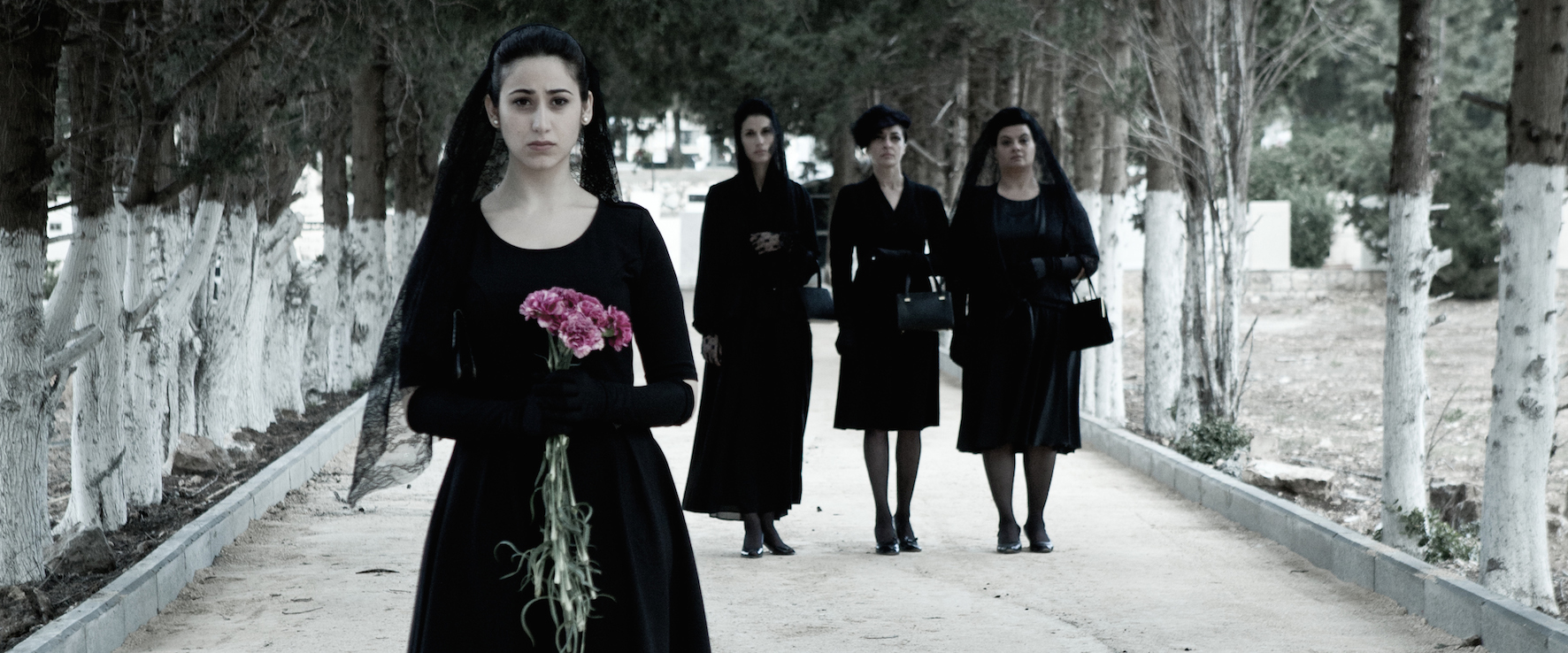Villa Touma

Full Description
Writer/director Suha Arraf’s neo-Buñuelian, darkly comic take on a particularly isolated West Bank family, caused considerable controversy upon its initial release. After Arraf registered the film’s nationality as Palestinian, the Israeli financial backers demanded their money back. As a result, this atmospheric drama is perhaps the first film entered into festivals worldwide with no nationality whatsoever. Ironically, this odd stateless status is mirrored in Arraf’s story of three unmarried and lonely Christian sisters living in a Ramallah estate, sadly clinging to the long gone days of privilege and position. Into this unhappy time warp enters their fragile teenage niece, Badia, an orphan who is quickly subsumed into their repressive existence. In a humorous attempt to marry Badia off, the sisters’ yank Badia through a parade of poorly attended Sunday masses, tea parties and even funerals. But when Badia falls for a handsome Muslim wedding singer, an entire lifetime of long simmering resentments and buried emotions comes crashing to the surface, changing everyone’s lives. Arraf, the co-writer for Eran Riklis’s award-winning films The Syrian Bride and Lemon Tree, has directed a compelling Mideast gothic, an evocative tale of four women trapped between past and present, emblematic of the wider regional conflict that rages today.
Filmmaker Bio(s)
Suha Arraf was born in the Palestinian village of Melyia, near Lebanon. She began her filmmaking career as documentary producer. Her latest one; WOMEN OF HAMAS [2010] received 13 awards at international film festivals. Suha’s first two screenplays, THE SYRIAN BRIDE [2004] and THE LEMON TREE [2008], both directed by Eran Riklis, received international acclaim, with the latter winning Best Screenplay at the Asia Pacific Screen Awards. In 2014 Suha was listed in Variety Magazine’s “Top 10 Screenwriters to Watch”.
Director(s)
Country(ies)
Language(s)
w/English Subtitle
Release Year
Festival Year(s)
Running Time
85
Cinematographer(s)
Editor(s)
Cast
